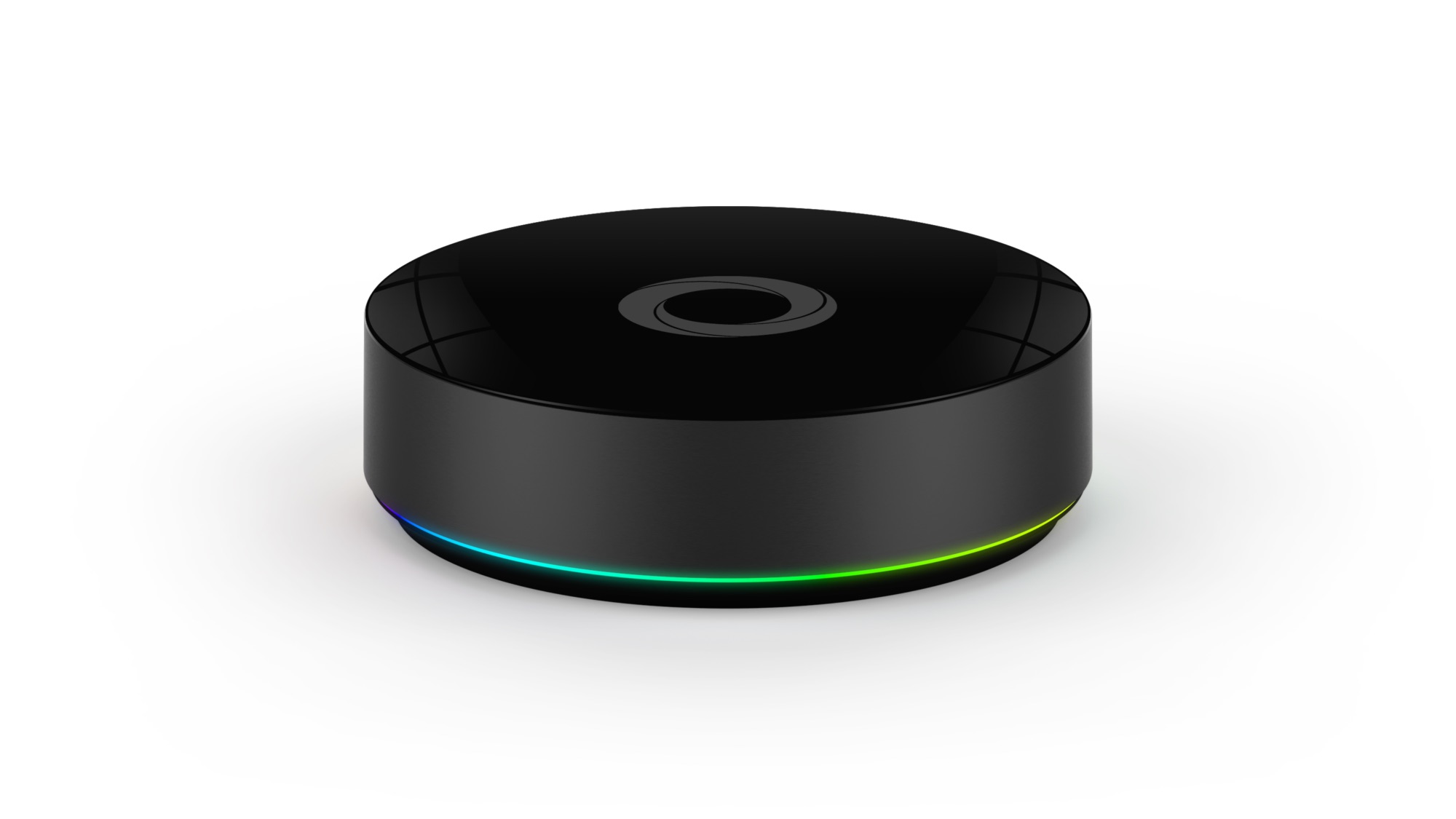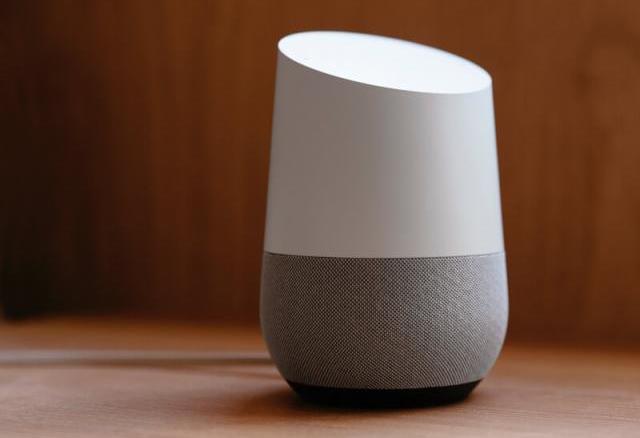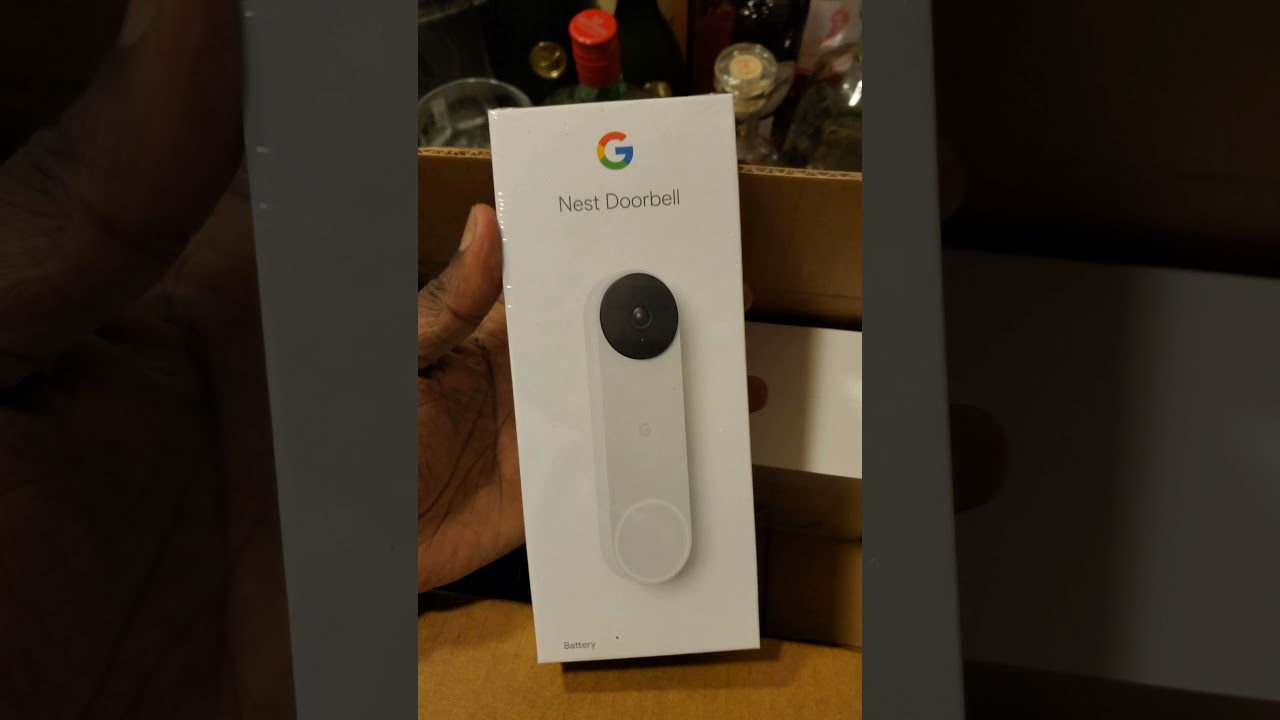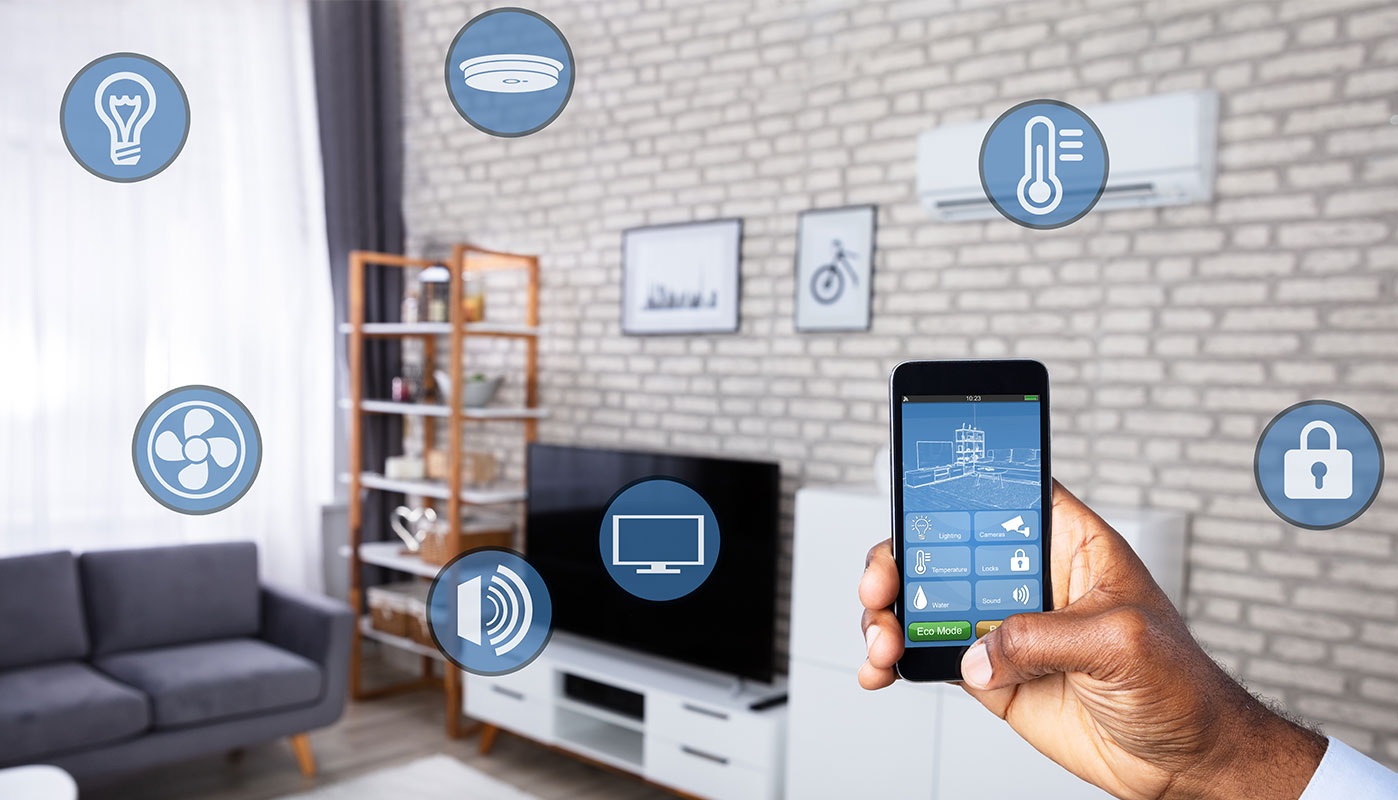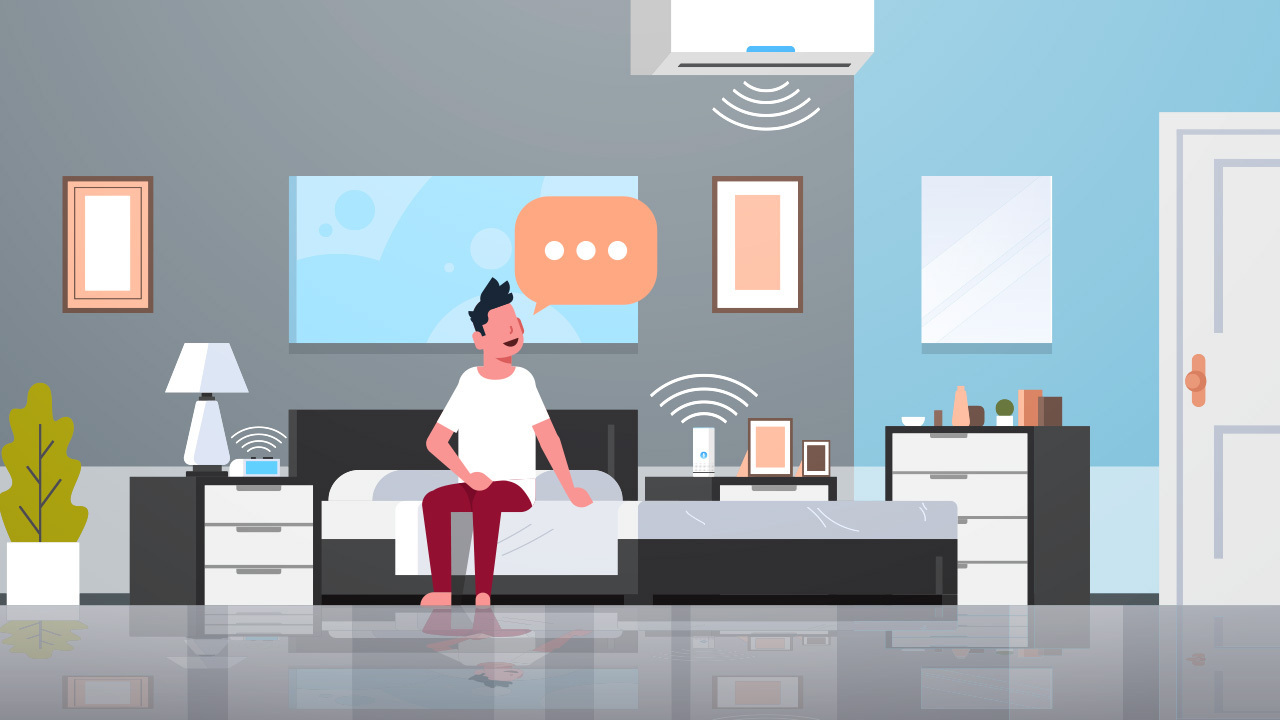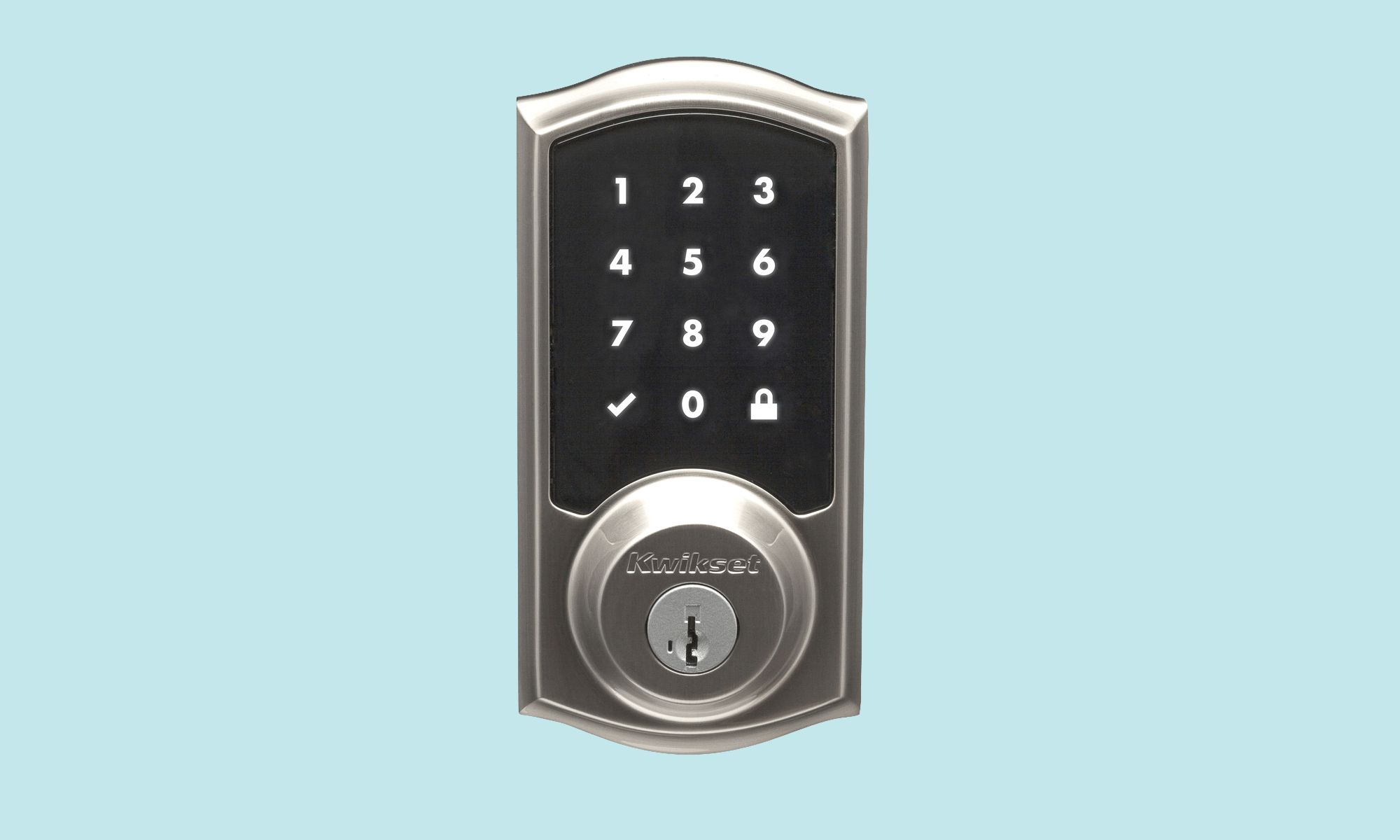Introduction
Welcome to the digital age, where technology has changed the way we live, work, and interact with our surroundings. One of the remarkable advancements in recent years is the introduction of smart home technology. Smart homes are transforming traditional houses into innovative, connected spaces designed to enhance convenience, comfort, and security. At the heart of this revolution lies the smart home manager, a central device that integrates and controls various smart devices within a home.
A smart home manager is a hub that acts as the control center for the interconnected network of smart devices in a home. It allows homeowners to automate and manage different aspects of their living space, such as lighting, thermostats, security systems, and entertainment devices, through a single platform. With just a few taps on a smartphone or a voice command to a virtual assistant, users can control and monitor their smart devices from anywhere, providing newfound convenience and peace of mind.
As the demand for smart home technology continues to grow, the market has seen an influx of smart home manager devices from different manufacturers. Each device comes with its own unique set of features and capabilities, catering to the diverse needs and preferences of homeowners. With a smart home manager, users can create personalized routines, set up schedules, receive notifications, and even integrate their devices with other smart ecosystems like voice assistants or wearables.
While the primary function of a smart home manager is to simplify device control and automation, it also offers a myriad of benefits to homeowners. Not only does it streamline daily routines and save time, but it also enhances energy efficiency, improves home security, and provides a more comfortable living environment. Whether it’s adjusting the thermostat remotely, turning off lights automatically, or receiving alerts about potential security breaches, smart home managers offer unparalleled convenience and peace of mind.
In the following sections, we will dive deeper into the benefits, features, workings, and popular devices available in the world of smart home managers. We will also discuss the challenges and limitations associated with this technology and explore its future possibilities. So, let’s embark on a journey to discover the world of smart home managers and how they are shaping the way we live.
What is a Smart Home Manager?
A smart home manager is a central hub or device that acts as the command center for all connected smart devices within a home. It serves as the brain behind the automation and control of various aspects of a smart home, such as lighting, thermostats, security systems, entertainment devices, and even appliances. The smart home manager brings all these devices together and allows them to communicate and work together seamlessly through a unified platform.
Think of a smart home manager as the conductor of an orchestra, coordinating and harmonizing all the different devices and technologies in your home. It enables homeowners to easily control and monitor their devices from a single interface, whether it’s a smartphone app, a dedicated control panel, or a voice-activated virtual assistant.
One of the key features of a smart home manager is its ability to create routines and automation. Users can set up predefined actions or schedules, enabling their devices to perform tasks automatically. For example, a smart home manager can be programmed to turn off all lights and lower the thermostat when the homeowners leave the house. It can also be configured to adjust the lighting and temperature when they return home, creating a welcoming and comfortable environment.
Additionally, a smart home manager often integrates with voice assistants like Amazon Alexa or Google Assistant, allowing users to control their devices through voice commands. This hands-free approach adds an extra layer of convenience and accessibility, especially for individuals with mobility challenges or those who prefer a more seamless interaction with their smart home.
Furthermore, a smart home manager provides users with real-time monitoring and notifications. Homeowners can receive alerts on their smartphones if a security sensor detects unusual activity or if a connected appliance requires attention. This level of awareness and control gives users peace of mind, knowing that they can stay informed and take prompt action when needed.
Overall, a smart home manager is the backbone of a connected home, empowering homeowners to seamlessly control and automate their smart devices. By streamlining daily routines and enhancing convenience, a smart home manager brings the vision of a fully integrated and intelligent home closer to reality.
Benefits of a Smart Home Manager
A smart home manager offers a wide range of benefits to homeowners, empowering them to create a more convenient, comfortable, and secure living environment. Let’s explore some of the key advantages of incorporating a smart home manager into your home:
1. Convenience: With a smart home manager, homeowners can easily control and manage all their smart devices from a single platform. Whether it’s adjusting the lighting, changing the temperature, or turning on the entertainment system, users can do it all with just a few taps on their smartphone or a voice command to their virtual assistant. This level of convenience eliminates the need to manually operate each device independently and simplifies the overall user experience.
2. Energy Efficiency: A smart home manager allows users to optimize their energy consumption by monitoring and controlling various energy-efficient devices. For instance, homeowners can program their smart thermostats to adjust the temperature based on their schedule or occupancy, ensuring efficient heating and cooling. They can also automate lighting and appliance usage to avoid unnecessary energy wastage. By optimizing energy usage, smart home managers contribute to reducing utility bills and promoting a greener lifestyle.
3. Enhanced Security: Smart home managers enable homeowners to integrate and manage their security devices, such as cameras, door locks, and motion sensors. Users can receive real-time notifications on their smartphones if any suspicious activity is detected. They can also remotely monitor their home, allowing for increased peace of mind while away. Additionally, users can simulate occupancy by scheduling lights and other devices to turn on and off, giving the impression that someone is present at home even when they are not.
4. Comfort and Personalization: A smart home manager allows users to create personalized routines and automate tasks according to their preferences. For example, homeowners can set the lights to gradually dim in the evening, creating a relaxing ambiance for bedtime. They can also integrate their smart devices with voice assistants to control their home with simple voice commands. These personalization features make the living experience more comfortable and tailored to individual needs.
5. Remote Access: One of the significant advantages of a smart home manager is the ability to control and monitor devices remotely. Whether homeowners are on vacation or at work, they can check on their home’s status, adjust settings, and receive alerts on their smartphones. This remote access feature provides greater flexibility and ensures that users remain connected and in control of their home, no matter where they are.
A smart home manager brings immense convenience, energy efficiency, enhanced security, comfort, and remote access capabilities to homeowners. It offers a seamless and integrated way of managing smart devices, transforming houses into intelligent homes that cater to the needs and preferences of modern living.
Features of a Smart Home Manager
Smart home managers come equipped with a variety of features that enable seamless control and automation of smart devices within a home. These features are designed to enhance convenience, security, and customization. Let’s explore some of the common features offered by smart home managers:
1. Device Integration: A smart home manager acts as a central hub that connects and integrates various smart devices. It works with a wide range of devices, including smart thermostats, lighting systems, security cameras, door locks, entertainment systems, and more. This integration allows homeowners to control and manage all their devices from a single interface, eliminating the need for multiple apps or control panels.
2. Automation and Scheduling: One of the key features of a smart home manager is the ability to automate tasks and create personalized schedules. Users can set up routines and automation rules to perform specific actions based on triggers or time of day. For example, they can automate lights to turn on when motion is detected or schedule the thermostat to adjust to a comfortable temperature before they arrive home.
3. Voice Control: Many smart home managers offer voice control capabilities by integrating with popular voice assistants like Amazon Alexa or Google Assistant. Users can control their devices and execute commands using voice commands, making it convenient and hands-free. They can simply speak instructions to their virtual assistant, and the smart home manager will carry out the desired action.
4. Remote Access: Smart home managers allow homeowners to access and control their devices remotely through a smartphone app or web portal. This feature enables users to monitor their home’s status, receive notifications, and make adjustments even when they are away. Whether it’s turning off lights that were accidentally left on or checking the security camera feed, remote access provides peace of mind and ensures that users remain connected to their smart home.
5. Security and Notifications: Smart home managers provide robust security features, allowing users to monitor and secure their homes effectively. They can receive real-time notifications on their smartphones when sensors detect movement, doors are unlocked, or unusual activity is detected. Some smart home managers also integrate with professional monitoring services, enabling quick response in the event of emergencies.
6. Energy Monitoring and Efficiency: Many smart home managers offer energy monitoring capabilities, allowing users to track the energy consumption of their devices. They can identify energy-hungry devices and make informed decisions to optimize energy usage, resulting in lower utility bills and a reduced carbon footprint.
7. Integration with Third-Party Services: Smart home managers often integrate with popular third-party services, such as weather apps, home security systems, music streaming platforms, and more. This integration expands the functionality and possibilities of the smart home ecosystem, enabling users to create more advanced automations and customized experiences.
These are just a few of the key features that smart home managers bring to the table. The specific features may vary depending on the brand and model, but the overarching goal is to provide homeowners with an intuitive and comprehensive solution for managing their smart devices.
How Does a Smart Home Manager Work?
A smart home manager is the central control hub that enables the seamless integration and communication between all the smart devices within a home. It acts as the bridge that connects different devices, allowing them to work together harmoniously. But how exactly does a smart home manager work? Let’s explore the underlying mechanisms:
1. Communication Protocol: Smart home managers use various communication protocols to connect and interact with smart devices. The most common protocols include Wi-Fi, Bluetooth, Zigbee, and Z-Wave. These protocols enable secure and reliable communication between the smart home manager and the connected devices, ensuring that all commands and data are transmitted accurately and efficiently.
2. Centralized Control: The smart home manager serves as the central point of control for all connected devices. Through a user-friendly interface, such as a smartphone app or a dedicated control panel, homeowners can easily access and manage their devices. They can adjust settings, create automation routines, and monitor the status of each device from a single location.
3. Automation Rules: A smart home manager allows users to set up automation rules, which trigger certain actions based on specific events or time schedules. For example, homeowners can create a rule that turns on the lights when the front door is unlocked or adjusts the thermostat when they leave the house. These automation rules save time and enhance convenience by automating repetitive tasks.
4. Sensor Integration: Many smart home managers integrate with sensors that monitor the home environment. These sensors can detect motion, temperature, humidity, and other factors that influence the automation and control of devices. For instance, a smart home manager can use a motion sensor to turn on the lights in a room when someone enters or adjust the thermostat based on the detected temperature.
5. Cloud Connectivity: Smart home managers often utilize cloud connectivity to enhance their functionality. By connecting to the cloud, users can access their smart home manager remotely and control their devices from anywhere with an internet connection. Cloud connectivity also allows for seamless updates and synchronization across multiple devices.
6. Voice Control Integration: Voice control has become a popular feature of smart home managers. Many of these devices integrate with voice assistants like Amazon Alexa or Google Assistant. Users can simply give voice commands to their virtual assistant, which communicates with the smart home manager to execute the desired actions. This hands-free interaction adds another layer of convenience to controlling and managing the devices in a smart home.
7. Data Privacy and Security: Smart home managers take data privacy and security seriously. They employ encryption protocols and secure connections to ensure that user data and device communication are protected. It’s important to choose a reputable smart home manager that prioritizes data privacy and implements necessary security measures to safeguard user information.
A smart home manager streamlines the communication and control of all devices within a connected home. It brings together various communication protocols, automation rules, sensor integration, cloud connectivity, and voice control to create a centralized and convenient smart home experience for homeowners.
Popular Smart Home Manager Devices
The smart home market is bustling with a wide array of smart home manager devices, each offering its own set of features and capabilities. Here are some popular smart home manager devices that homeowners often turn to when seeking an interconnected and intelligent home:
1. Amazon Echo: The Amazon Echo, powered by the voice assistant Alexa, is a popular choice for many homeowners. It not only serves as a smart speaker but also acts as a smart home manager. With the ability to integrate with a wide range of smart devices, the Amazon Echo allows users to control their smart home using voice commands and the intuitive Alexa app.
2. Google Nest Hub: The Google Nest Hub, featuring Google Assistant, is another versatile smart home manager device. It combines the functionality of a voice-controlled assistant, a multimedia hub, and a smart home control center. Homeowners can interact with their devices by voice, control them through the Google Home app, and even view the status of their smart home on the device’s display.
3. Samsung SmartThings Hub: The Samsung SmartThings Hub is a central device that connects and controls various smart devices in a home. It supports many communication protocols, including Wi-Fi, Zigbee, and Z-Wave, allowing for extensive compatibility with a wide range of smart devices. The SmartThings Hub offers a user-friendly app for convenient control and automation of connected devices.
4. Apple HomePod: Apple HomePod, powered by Siri, is Apple’s entry into the smart home manager arena. While primarily a smart speaker, it offers seamless integration with Apple HomeKit-enabled devices. HomePod users can easily control their devices, set up automation routines, and receive personalized recommendations using voice commands or through the Home app on their Apple devices.
5. Hubitat Elevation: Hubitat Elevation is a local smart home manager that focuses on privacy and local control. Unlike cloud-dependent solutions, Hubitat Elevation operates locally, allowing homeowners to control their smart devices without relying on an internet connection. With extensive compatibility with various smart devices, Hubitat offers a highly customizable and secure smart home management experience.
6. Wink Hub: The Wink Hub is a versatile smart home manager that supports both Wi-Fi and Z-Wave protocols. It offers a user-friendly app that allows homeowners to control and automate their smart devices effortlessly. With features like device grouping, scheduling, and shortcut creation, the Wink Hub provides a seamless and intuitive smart home management experience.
7. SmartThings Link for NVIDIA SHIELD TV: The SmartThings Link is a small device that can be plugged into the back of an NVIDIA SHIELD TV, turning it into a smart home manager. It brings the power of Samsung’s SmartThings ecosystem to the NVIDIA SHIELD TV, enabling homeowners to control their smart devices and create automation routines through the SmartThings app.
These are just a few examples of popular smart home manager devices available in the market. Each device offers its own unique features and compatibility, so it’s essential to research and choose one that aligns with your specific smart home needs and preferences.
Challenges and Limitations of Smart Home Managers
While smart home managers offer numerous benefits and conveniences, they also come with a few challenges and limitations that homeowners should be aware of. Let’s explore some of these challenges:
1. Compatibility: One of the key challenges faced by smart home managers is compatibility with different smart devices. Not all devices are compatible with every smart home manager, which may limit the options available to homeowners. It’s important to ensure that the smart home manager you choose supports the devices you already own or plan to purchase in the future.
2. Initial Setup and Complexity: Setting up a smart home manager and connecting all the devices can be a complex process, particularly for those who are not familiar with technology or have limited technical skills. Homeowners may need to navigate through different apps, configure settings, and troubleshoot connectivity issues. However, once the initial setup is complete, managing the smart home becomes more intuitive and user-friendly.
3. Reliance on Internet Connectivity: Many smart home managers depend on a stable internet connection for their functionality. If the internet goes down or experiences disruptions, it may temporarily impact the control and automation capabilities of the smart home manager. Homeowners should consider this reliance on connectivity when deciding to incorporate a smart home manager into their home.
4. Security and Privacy Concerns: With the increasing number of connected devices in a smart home, security and privacy become significant concerns. Smart home managers store personal data and have access to sensitive information. To mitigate these concerns, homeowners should choose reputable smart home managers that prioritize data encryption and implement robust security measures.
5. Learning Curve: For those new to smart home technology, there may be a learning curve involved in understanding the features and functionalities of a smart home manager. Homeowners need to familiarize themselves with the app or control interface and learn the capabilities and settings to make the most out of their smart home manager.
6. Over-reliance on Automation: Although automation is a beneficial feature of smart home managers, over-reliance on automation can limit user control and personalization. Some homeowners may find that certain automation routines do not align with their preferences or lifestyle. It’s important to strike a balance between automation and manual control to ensure that the smart home manager functions in line with individual needs.
7. Cost: The cost of setting up a smart home manager and purchasing compatible devices can be a limiting factor for some homeowners. While prices have become more accessible in recent years, building a comprehensive smart home ecosystem can still involve a significant investment. Homeowners should carefully consider their budgets and prioritize their needs when selecting a smart home manager.
Despite these challenges and limitations, smart home managers continue to advance and evolve, offering improved compatibility, ease of use, and enhanced security features. By staying informed and addressing these limitations, homeowners can make the most of their smart home manager and enjoy the benefits of a connected and intelligent living space.
Future of Smart Home Managers
The future of smart home managers holds great promise as the demand for smart home technology continues to grow and advancements in connectivity and artificial intelligence (AI) drive innovation. Here are some exciting possibilities for the future of smart home managers:
1. Improved Interconnectivity: Future smart home managers are likely to provide improved interconnectivity, allowing for seamless integration with an even wider range of smart devices. This will enhance convenience for homeowners, allowing them to control and manage all their smart devices from a single interface.
2. Enhanced AI Integration: Artificial intelligence is expected to play a significant role in the future of smart home managers. These devices will become smarter and more intuitive, leveraging AI algorithms to learn user preferences, anticipate needs, and automate tasks to a greater degree. They will be able to analyze data from multiple sources and adapt settings based on individual habits and patterns.
3. Smarter Energy Management: With the increasing focus on energy efficiency and sustainability, future smart home managers will likely prioritize energy management features. They will offer advanced energy monitoring and optimization capabilities, helping homeowners reduce energy waste and lower their carbon footprint.
4. Integration of Augmented Reality (AR) and Virtual Reality (VR): The integration of AR and VR technology with smart home managers could enable homeowners to visualize and interact with their smart home in immersive virtual environments. This could allow for easier planning, customization, and control of the smart home ecosystem.
5. Contextual Awareness: Future smart home managers may incorporate contextual awareness, utilizing data from sensors, wearables, and other sources to provide personalized and responsive experiences. For example, the smart home manager could adjust the lighting, temperature, and audio preferences based on the homeowner’s location and activities.
6. Integration with Smart Cities and IoT Ecosystems: As smart cities and the Internet of Things (IoT) continue to develop, smart home managers will likely integrate with these larger ecosystems. This integration could enable homeowners to access and interact with city-wide services, such as traffic updates, weather forecasts, and local events, through their smart home manager.
7. Enhanced Security and Privacy: The future of smart home managers will place a greater emphasis on security and privacy features. Robust encryption, biometric authentication, and secure communication protocols will be standard to protect user data and safeguard homes against cyber threats.
8. Voice Interface Advancements: Voice interfaces of smart home managers will become more advanced, with improved natural language processing and better voice recognition. This will result in more accurate voice commands and a smoother interaction between users and their smart home manager.
These are just a glimpse of the exciting possibilities for the future of smart home managers. As technology continues to evolve and adapt to user needs, smart home managers will play a central role in transforming houses into intelligent, connected spaces that enhance convenience, comfort, and security for homeowners around the world.
Conclusion
The rise of smart home technology has brought about a new era of convenience and connectivity. Smart home managers act as the central hub that enables homeowners to control, automate, and integrate various smart devices within their homes. From managing lighting, thermostats, and security systems to controlling entertainment devices and appliances, smart home managers provide a unified platform for seamless control and customization.
Throughout this article, we have explored the concept of smart home managers and delved into their benefits, features, workings, popular devices, and future possibilities. We’ve discussed how smart home managers enhance convenience, optimize energy usage, improve security, and offer personalized experiences for homeowners.
However, it is essential to acknowledge the challenges and limitations associated with smart home managers, such as compatibility issues, initial setup complexity, reliance on internet connectivity, and security concerns. These factors should be carefully considered when incorporating a smart home manager into a home.
Looking ahead, the future of smart home managers holds great promise. With the continued advancements in interconnectivity, AI integration, energy management, and contextual awareness, smart home managers are poised to become even more intelligent and intuitive. They will provide homeowners with enhanced control, automation, and personalization, while also integrating with larger smart city and IoT ecosystems.
In conclusion, smart home managers are revolutionizing the way we live, offering unprecedented convenience, comfort, and security. By bringing together the diverse ecosystem of smart devices within a home, these managers empower homeowners to create an intelligent and interconnected living space that caters to their individual needs and preferences. With ongoing technological advancements and a growing market, we can expect smart home managers to continue evolving and transforming the way we interact with our homes in the future.











